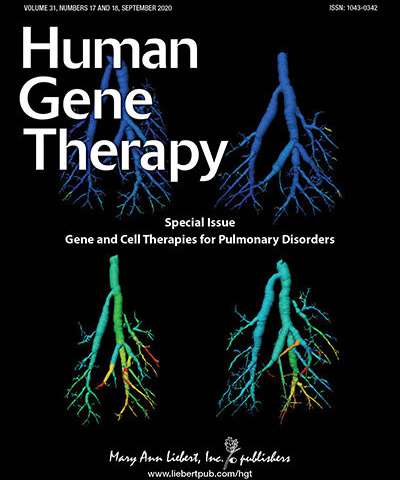
Gene therapy was successfully used to overcome the cardiac effects of Freidreich’s ataxia (FA) in a mouse model of the disease, as reported in the peer-reviewed journal Human Gene Therapy.
Researchers at Weill Cornell Medical College created a unique, cardiac-specific mouse model of FA that is similar to early stage human disease. The mice are normal at rest but exhibit stress-induced cardiac symptoms, such as when they exercise on a treadmill.
In the article “Stress-induced Mouse Model of the Cardiac Manifestations of Friedreich’s Ataxia Corrected by AAV-mediated Gene Therapy,” the treated mice received a one-time intravenous dose of adeno-associated virus (AAV) gene therapy to deliver the frataxin gene, which is deficient in FA. These mice exhibited exercise performance on a treadmill that was indistinguishable from their healthy littermates.
Source: Read Full Article